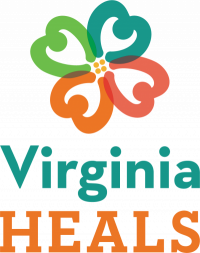Training
E-Learning Courses
Five e-Learning courses have been developed to support implementation of the Trauma-Informed Model of Service Delivery.
Resource Mapping
The Community Resource Mapping Facilitation Course is designed to support communities through the process of resource mapping without outside assistance. This course complements the Resource Mapping Facilitation Guide. Community resource mapping can be used to identify current resources and assets, learn about gaps between current resources and community needs, and provide an opportunity to cultivate new partnerships and relationships across agencies that work with children and youth in the community.
The Trauma-Informed Screening Course is designed to assist service child, youth, and family serving providers in integrating an understanding of trauma into their daily practice and provide guidance as to the importance of integrating screening for trauma into their work with children and families. Specific attention will be given to how to create and promote emotional safety before, during, and after a trauma disclosure as well as addressing concerns about re-traumatization.
Screening for Experiences and Strengths
The Screening for Experiences and Strengths (SEAS) is a brief screening tool to identify trauma and victimization experiences and symptoms in children, youth, and transitioning young adults. The Screening for Experiences and Strengths Course will provide guidance on preparing to screen, how to access and administer SEAS, and how to respond to trauma disclosures. Completion of training on SEAS is required to access the screening tool.
Referral and Response Protocol
The Virginia HEALS Referral and Response Protocol was developed to support and enhance successful trauma-informed referrals and responses across child, youth, and family serving systems. The Referral and Response Protocol Course will provide guidance to both agency/organizational leadership and front line service providers on program components and distinct elements for linking children, youth, and families to needed services and support.
The Family Engagement Course offers guidance to child, youth, and family serving agencies and systems on how and why to meaningfully engage family members in decision-making processes around the content and direction of services, interventions, and/or referrals made in the course of case management and planning.
